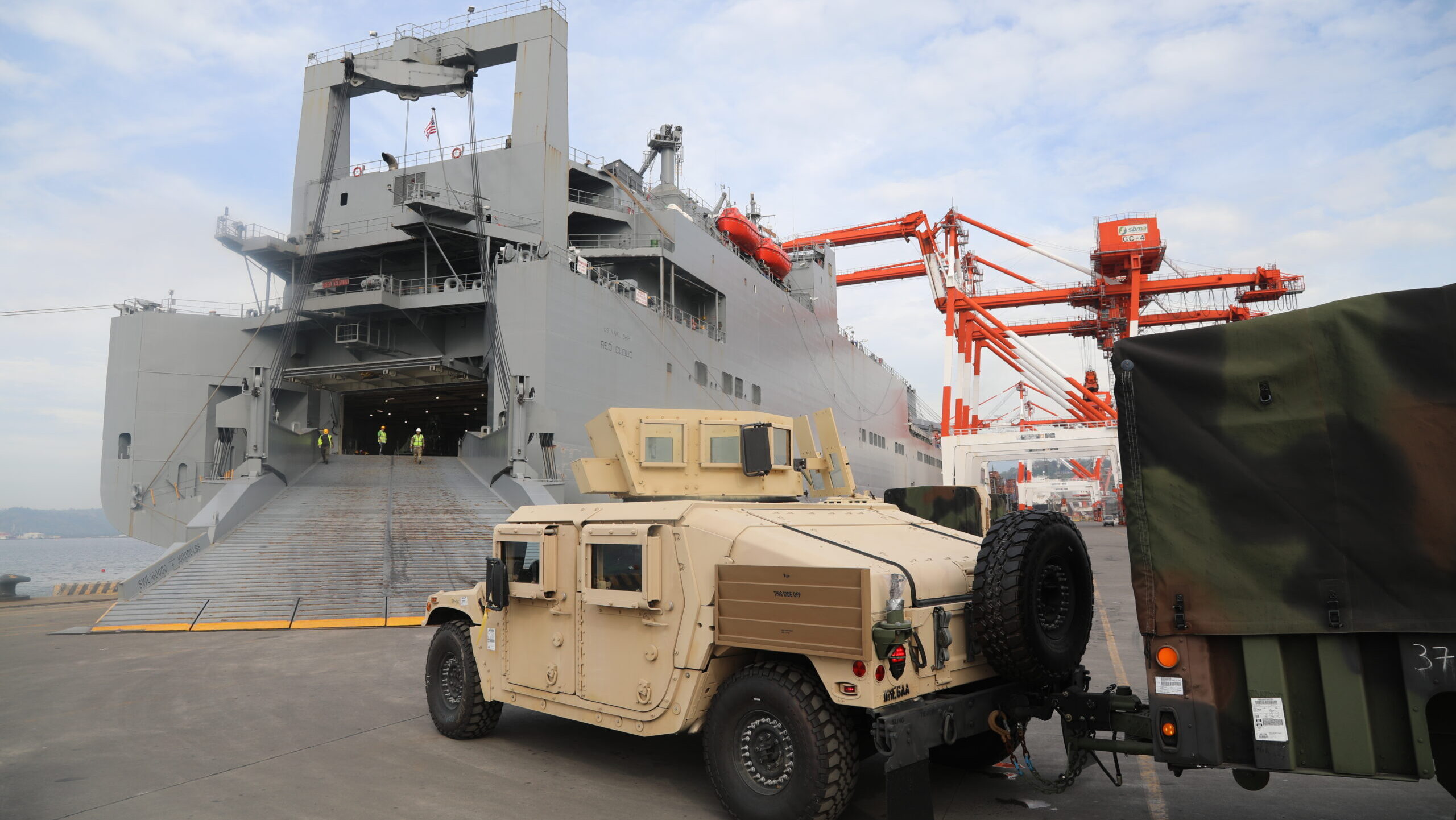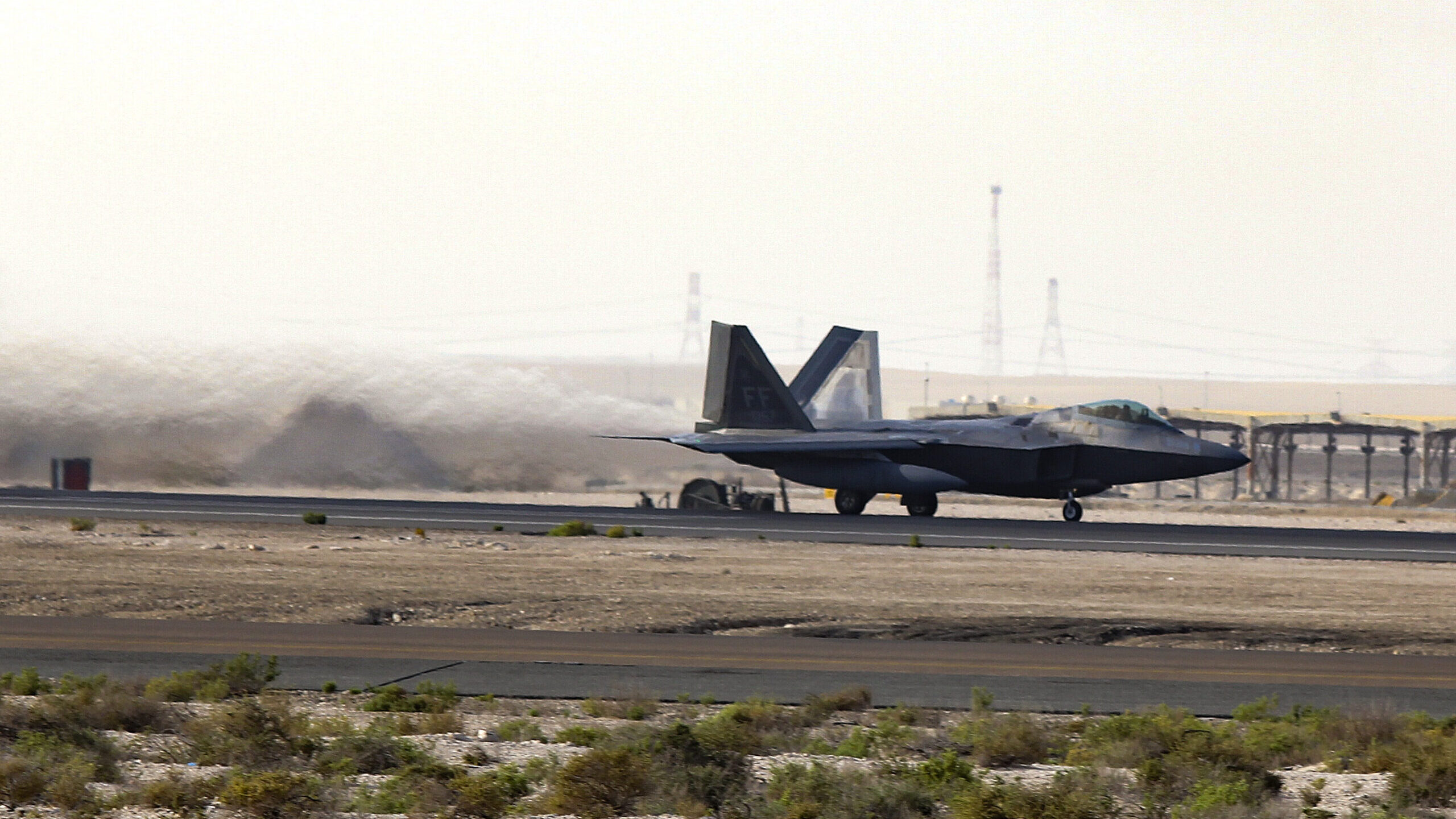Official says DoD not considering pulling US out of NATO SACEUR leadership post
Thompson also told lawmakers that “no decision” has been made regarding US troop presence in Europe.
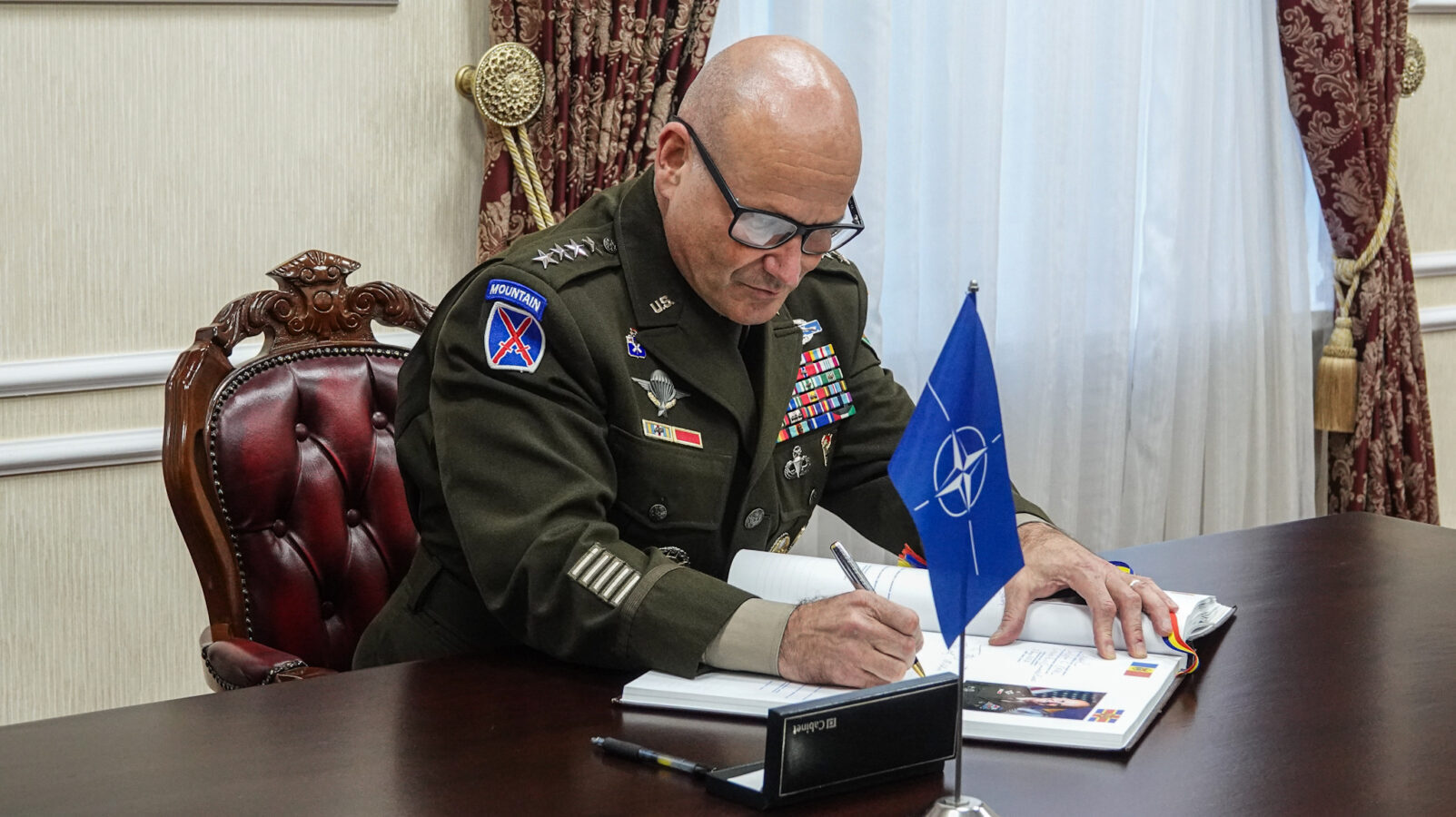

U.S. Army Gen. Christopher G. Cavoli, the Supreme Allied Commander Europe and commander of U.S. European Command, signs the Moldovan Ministry of Defense honor book at the Moldovan MOD în Chișinău, Moldova on Sept. 2, 2023. (U.S. Army photo by Sgt. Aaron Daugherty)
BELFAST — The Pentagon does not have plans to relinquish the post of NATO’s Supreme Allied Commander Europe (SACEUR), a senior Defense Department official stated today, in the wake of media reporting that such a dramatic move has been under consideration.
“If the question is, is the department considering that change [to SACEUR]? My definitive answer is no,” Katherine Thompson, the DoD official performing the duties of assistant secretary of defense for international security affairs, told lawmakers at a House Armed Services Committee hearing.
Lawmakers have expressed concerns after NBC News reported the Trump administration was weighing abandoning the position. Thompson’s comments also come on the heels of Gen. Chistopher Cavoli, the current SACEUR and head of US European Command, warning last week that if Washington was to abandon the prestigious NATO post, it “would bring some challenges in terms of nuclear command and control” and potentially place American warfighters under foreign command.
SACEUR is responsible for leading European military strategy and operations with the role dating back to Gen. Dwight D. Eisenhower. However, the Trump administration’s dislike of NATO, demands that European allies increase defense spending, and pro-Russian rhetoric have caused transatlantic relations to deteriorate.
Elsewhere in the hearing Thompson was called today to respond to another plan purportedly under consideration, also reported by NBC News, that the US could draw down thousands of troops from their postings in Europe. The publication said that the troops set to be withdrawn form part of a 20,000 deployment sent to bordering nations around Ukraine under the Biden administration.
During the hearing Thompson told lawmakers that on that question “no decisions” have been made, in line with an ongoing global force posture review.
Cavoli, who was also testifying today alongside Thompson, said he would advise the US “maintain” its force posture in Europe.
Cavoli labelled Russia a “chronic threat” and warned that in the “coming years” it will develop into a “growing threat, one that is willing to use military force to achieve geopolitical goals and is actively waging a campaign of destabilization across Europe and beyond.”
Laying out that Russian armed forces are “reconstituting faster than expected” and “its industrial base is now [on a] war footing” with support from China, North Korea and Iran, House Armed Services Committee Chair Mike Rogers said that he was “concerned by reports that some at DoD are considering not only giving up NATO command, but also significantly reducing our posture in Europe.” He added, “I’m especially concerned that Congress has not been consulted,” on both matters.
Rogers strongly backed retention of SACEUR, stressing that US leadership at the NATO level is “essential to ensure our American forces, including our nuclear weapons, always remain under US command.”
He also warned against a US drawdown in Europe, arguing that a reduced US presence, primarily on the Eastern flank, “would only weaken leverage” with Russian President Vladimir Putin.
Delivering bipartisan agreement, Rep. Adam Smith, D-Wash., said like Rogers, he was concerned with “talk about downsizing in Europe and everything that goes into it.”










































































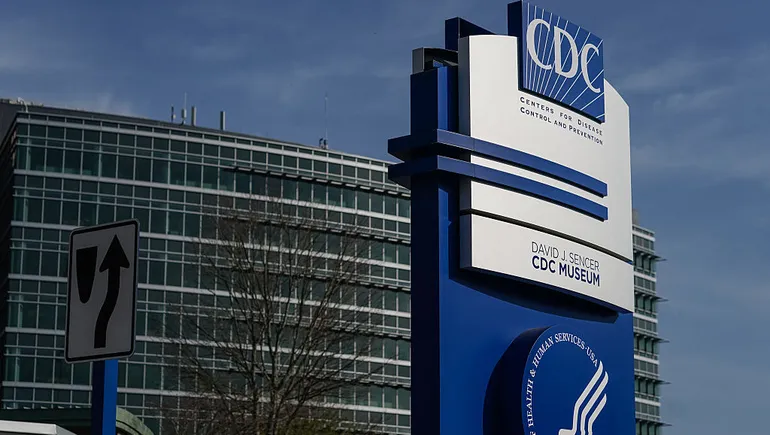

















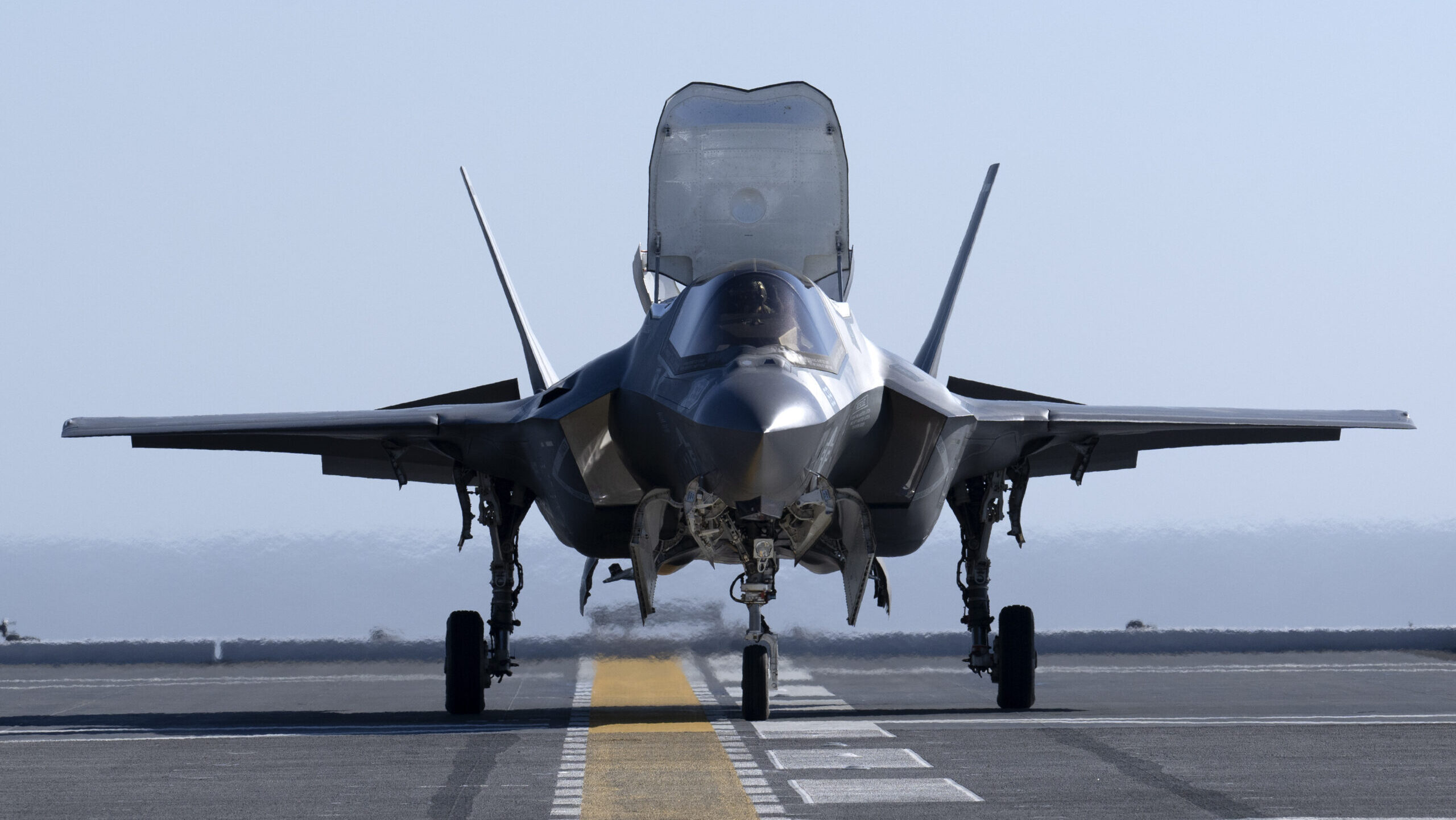

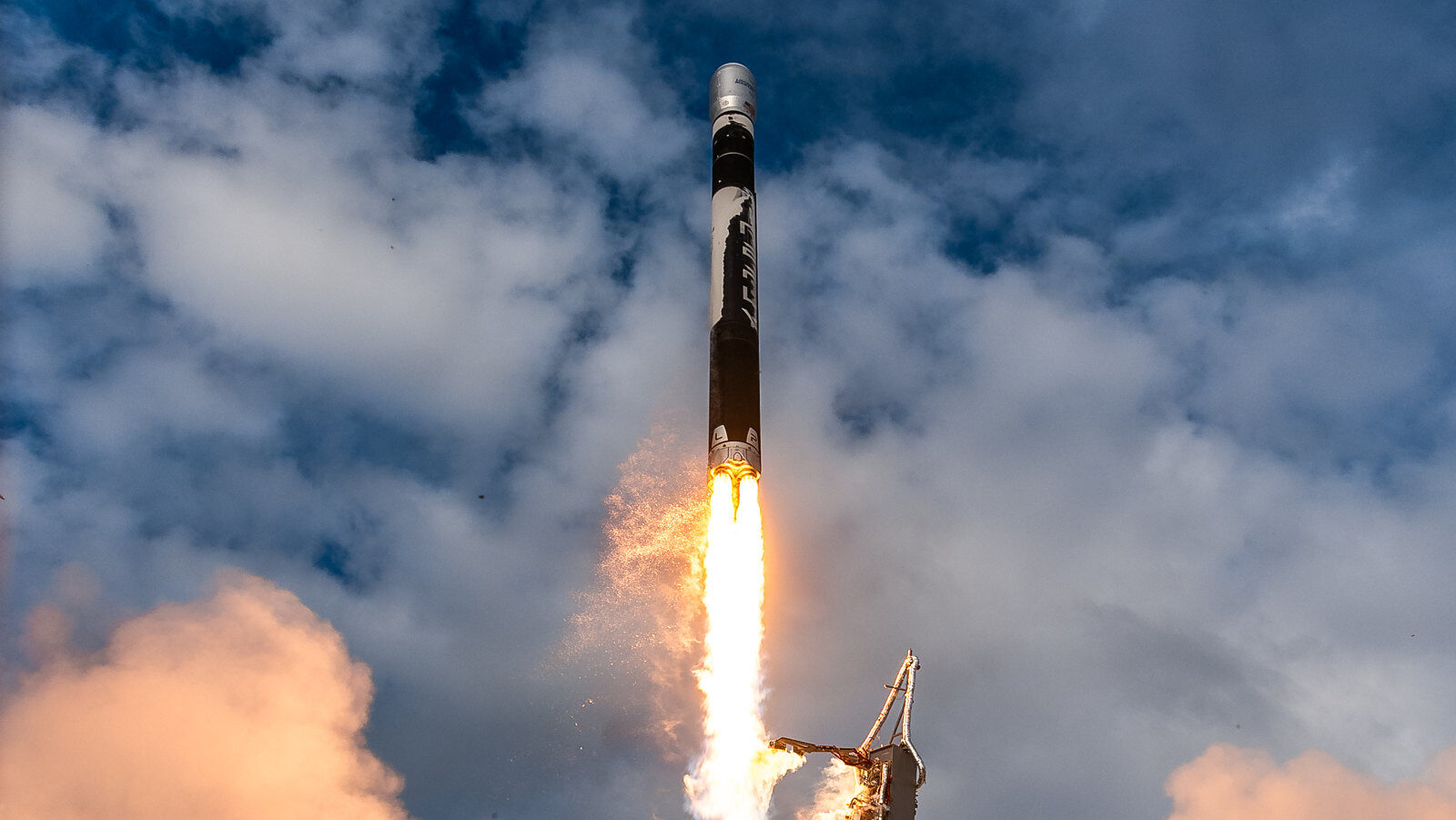
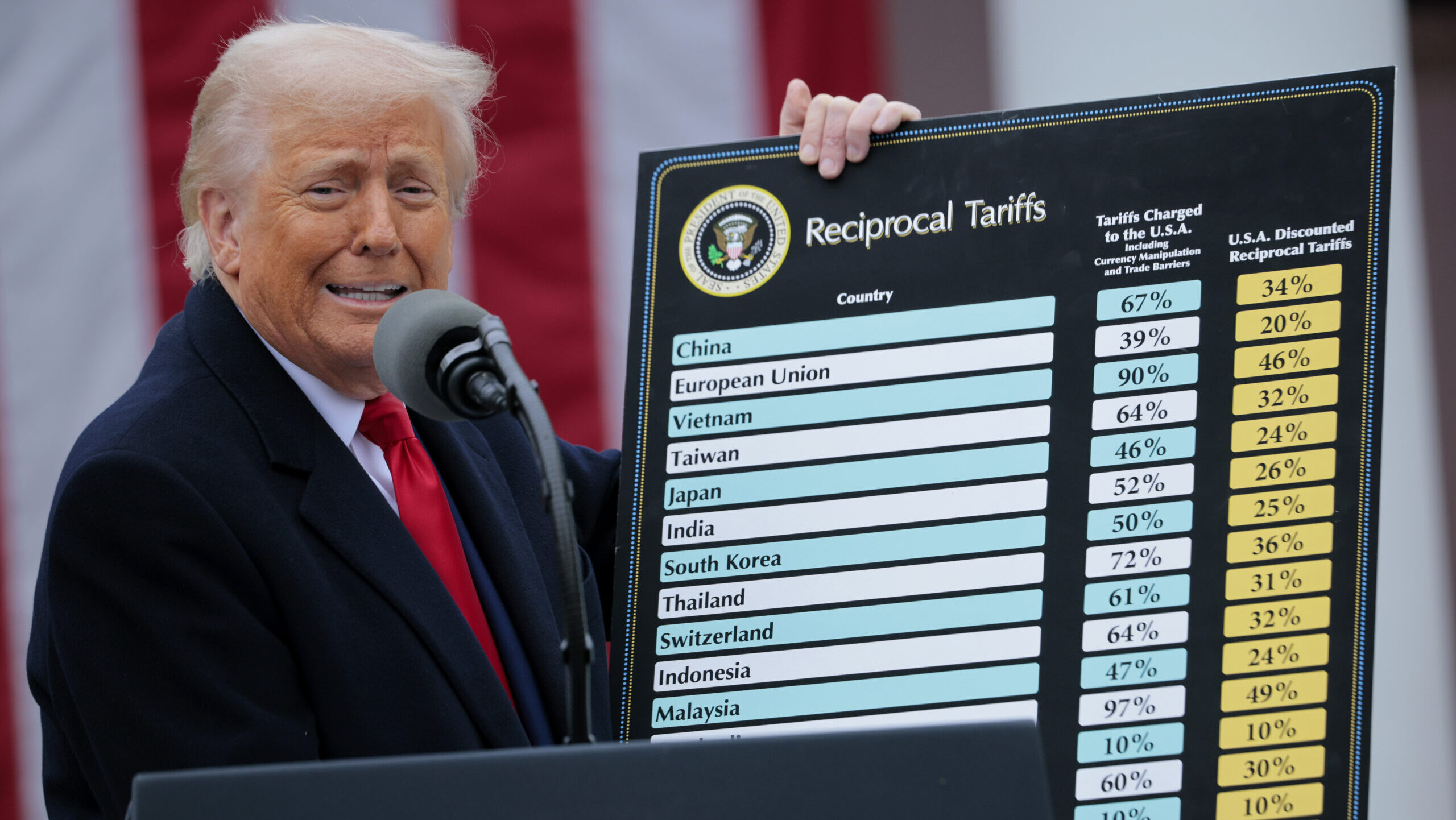








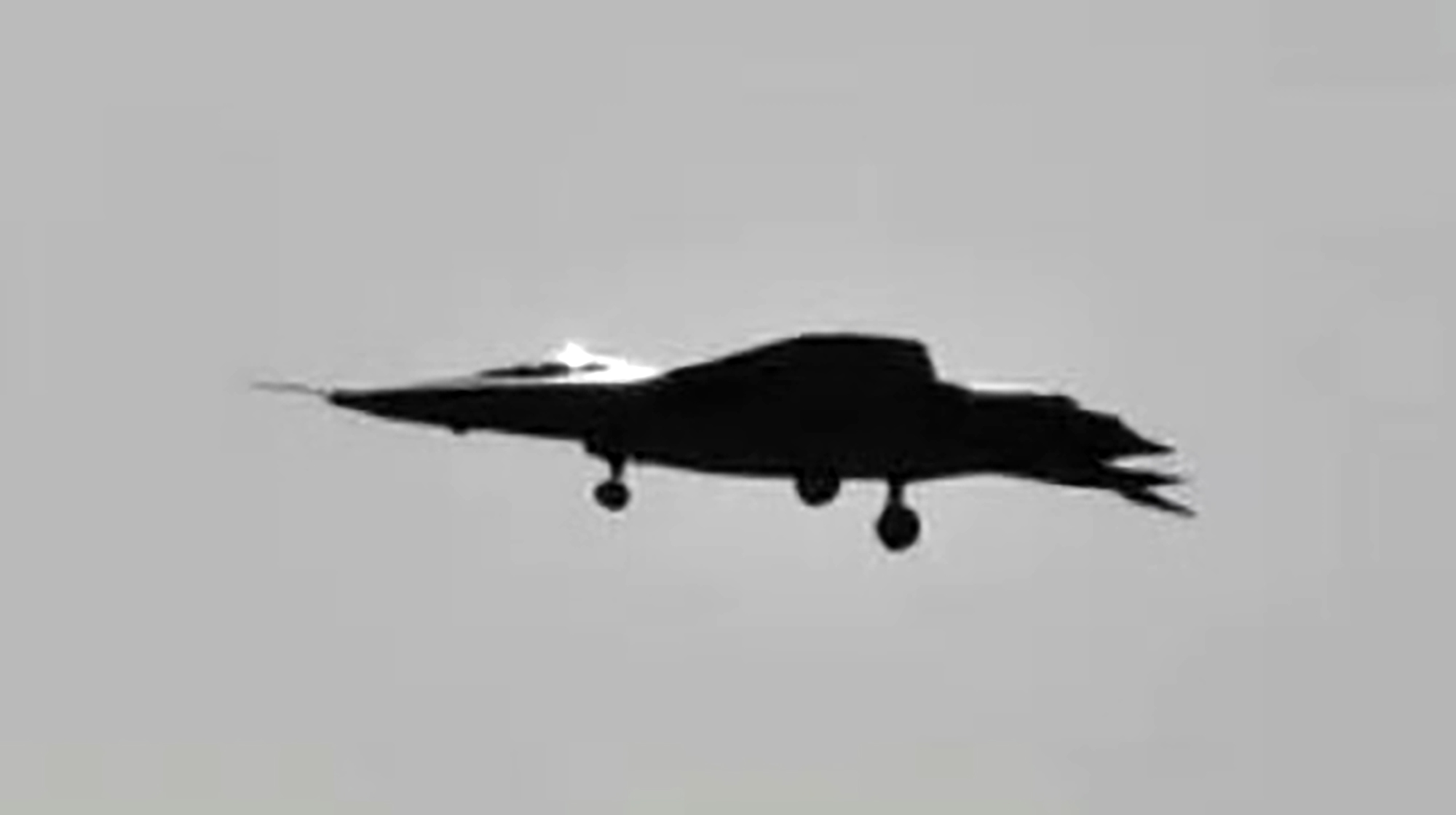
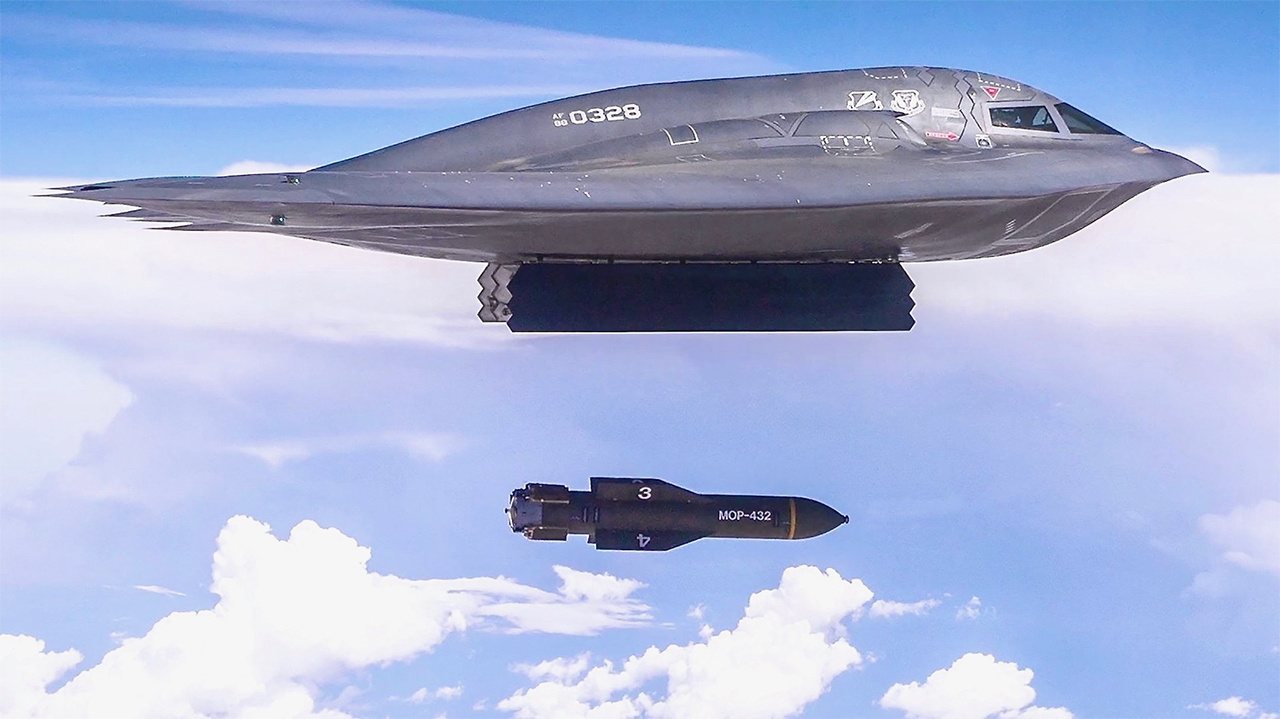









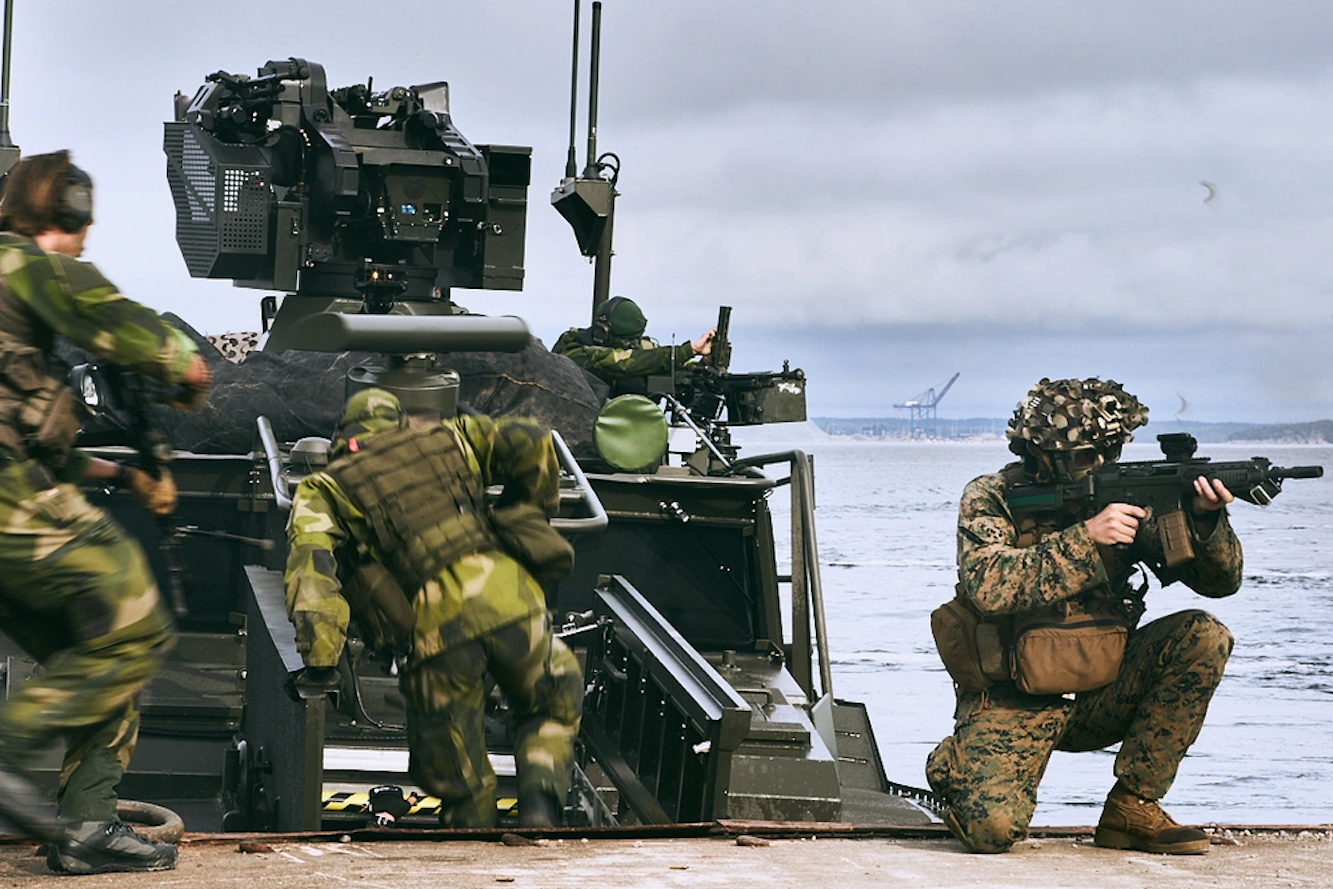

















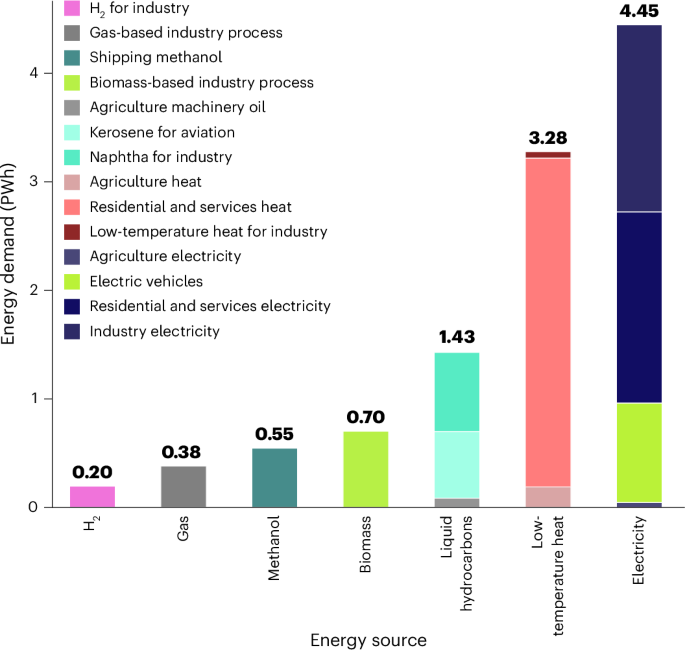































.jpg)




